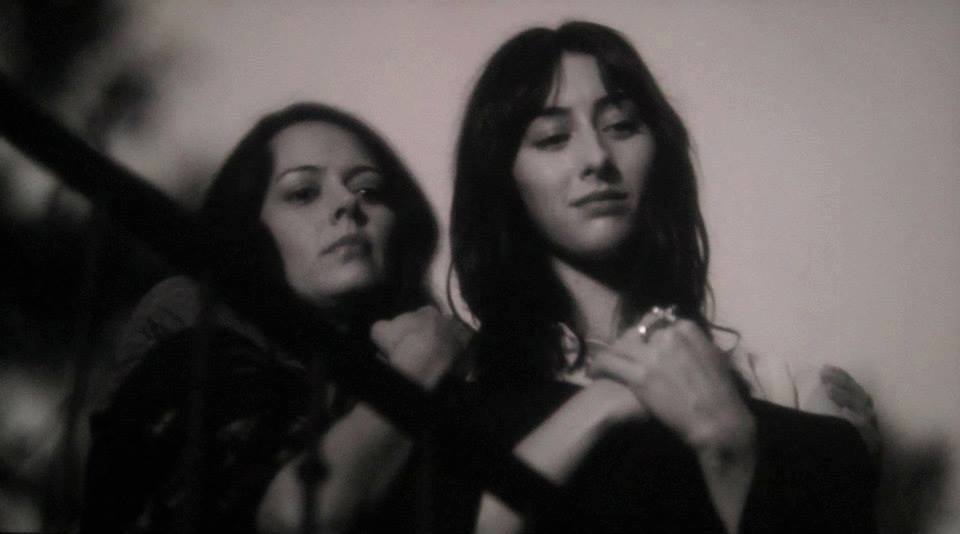Joss Whedon’s MUCH ADO ABOUT NOTHING is something to see, a smart, elegant, fast-moving romantic intrigue filled with the spirit and surprise of the best storytelling. It’s that rare film of a Shakespearean comedy that, without modernizing the language, is utterly comprehensible from the first frame to the last. Kenneth Branagh’s version of the play was buoyant and free-spirited, but got lost for a time in the thicket of the bumbling sheriff Dogberry’s verbal horseplay. It is a perennial problem with Shakespeare’s lower-class subplots that their colloquial dialogue can, if the right care isn’t taken, bring whole tragedies to a standstill. The Dogberry scenes in Whedon are not only crystal clear but are actually funny and able to move the plot along.
It is also that rare modern dress Shakespeare that doesn’t make a big fuss about the concept, but takes the ironies of the exercise as a given and pounces when there is an opportunity for an Elizabethan perspective to rub meaningfully against a contemporary one. There’s a moment when a line that is plainly racist to us but which would have been a casual truism around 1600 is spoken right in front of an African-American whose non-verbal reaction speaks every proverbial volume ever written on the subject. And then there is the scene in Act IV of the play when Beatrice laments her lack of power as a woman, wishing repeatedly that she “were a man” with the agency to reverse the injustice done to her kinsperson Hero (who has been punked so as to appear to have been unfaithful on the eve of her wedding). There would have been great irony in Shakespeare’s day, when a woman would not even have been allowed to play Beatrice, but there is also great irony in the way that the same words seem, in Amy Acker’s rich and relatable delivery, to be just as applicable today. This is one of those Shakespearean sequences – Shylock’s “Hath not a Jew … “ speech is another – in which something modern and politically potent has been uncannily planted in the soil of an age in which such notions as anti-Semitism and sexism were as yet uncultivated (and indeed lacked even the words by which to be labeled).
Whedon’s film is all about the women, as Branagh’s was all about the men, and not only because Acker’s and (as Hero) Jillian Morgese’s performances are so delicate and convincing. The film is infused by all that is changed and unchanged in our power structures; we see modern women aware of the perdurable ways in which they are restricted, and men who continue to talk of war and the honor of their daughters with a sense of entitled agency that is as normative today as when the lines were first spoken. Past and present mix lightly in this film, as do its disjunctions of place; the actors speak blithely of Italy while conspiring in Southern Cal, and perhaps the wars they are speaking of are corporate or political; the audience is let to make what connections it will. It is what persists from then to now that stands out, a racial comment that is all too familiar, a woman’s powerlessness frankly expressed.
The black-and-white cinematography is the perfect burnish to these juxtapositions, a slight antiquing of the film’s contemporaneity that puts the mind at rest when the seriousness of the play’s themes adds a bit of tarnish to the comedic silver that is laid before us.
Check listings for viewing options.

One response to “Much Ado About Nothing”
[…] and language are pulled into a later time, as in Almereyda’s Hamlet 2000 or Whedon’s Much Ado About Nothing: the one thing that isn’t updated is a cultural knowledge of the very lines being […]